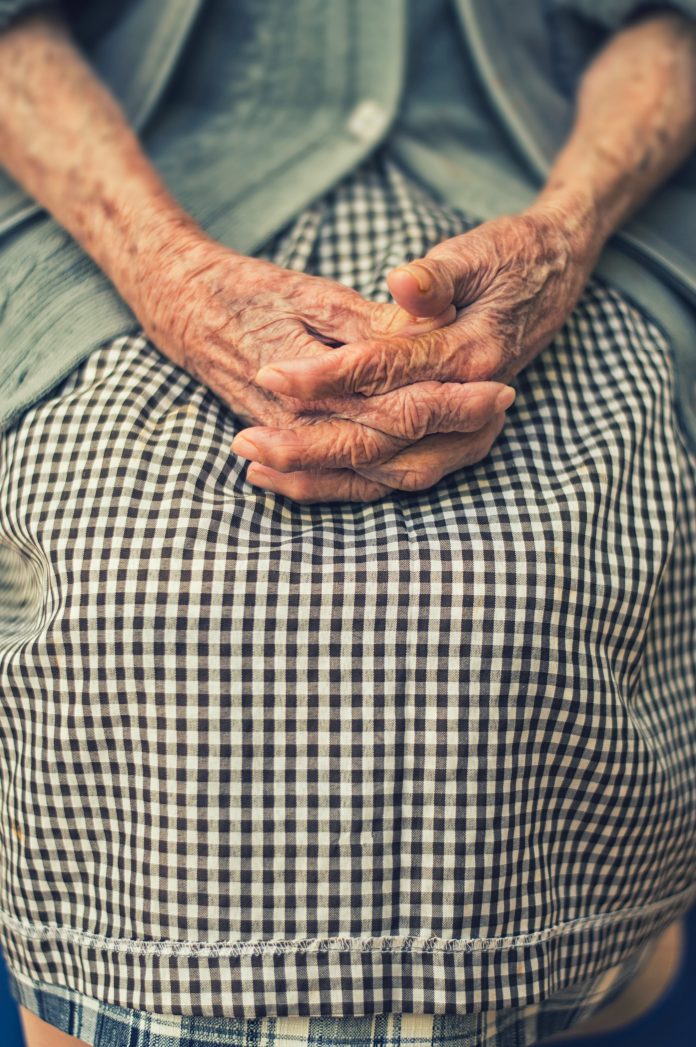As people get older, they sometimes develop eating problems based on various medical conditions. Certain medicines can cause people to eat more or less than they should. Health problems with lethargy and dementia, for example, might cause seniors to miss meals or not be able to maintain adequate nutrition. Here are some ways you can help older individuals eat better.
Serve Favorites
Most people enjoy a few favorite foods. For some, it might be creamed spinach, and for others, roast chicken. Give the senior a choice of several favorites, and be sure to include nutritious foods or a healthy option. Check with the person or his or her doctor to find out which foods are recommended for someone in the elder’s condition. Even if a favorite is not that healthy, offer it now and then as part of a balanced meal.
Offer Healthy Snacks
Although some seniors do not always eat healthy meals, they sometimes enjoy nutritious snacks, depending on their general physical and dental health. Fresh fruits and veggies with yogurt dip, walnuts or cashews, cheese or peanut butter with whole wheat crackers, and low-fat ice cream may be enjoyable treats that will help to supplement an eating pattern that is not as nutritious or complete as it should be.
Reorganize Dining Times
Seniors’ eating schedules can occasionally get off kilter due to restless sleep, a medical issue, or bathroom issues. If possible, rearrange their dining plan so they can eat the main meal at lunch, for example, or have dinner a little earlier or later than usual. Adjusting meal times can make it easier for seniors to eat when they’re hungry rather than when food is placed before them.
Consult a Professional
Some seniors develop serious eating problems that can lead to a drastic weight change and may even harm their health. When the situation seems to escalate beyond normal, contact the person’s doctor for advice. You might also consult an expert nutritionist about treatment options for eating disorders for an elderly person. Sometimes it becomes necessary to make minor changes to the person’s habits or schedule, and a professional may be able to offer suggestions that will help.
Good nutrition is important for everyone, and especially for older people whose health may be impacted by serious medical conditions or deteriorating immunity. Try tips like these to support a senior’s need for nutrition or contact a professional who can help.






















